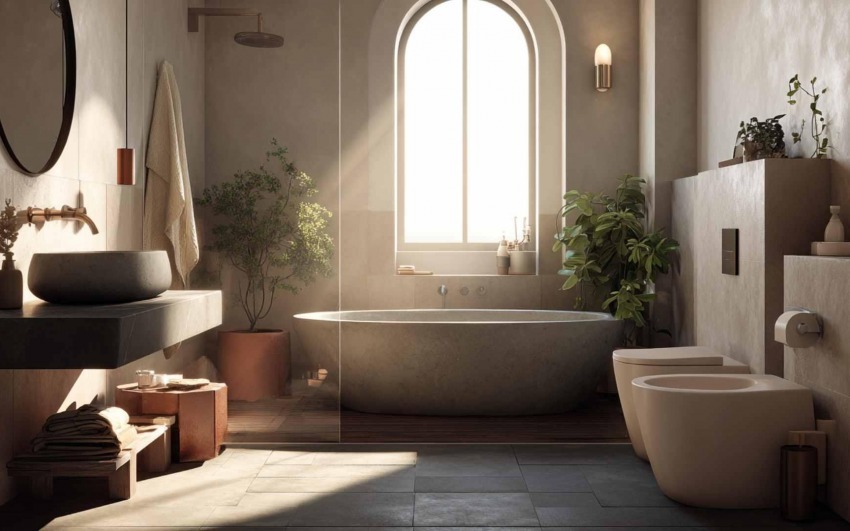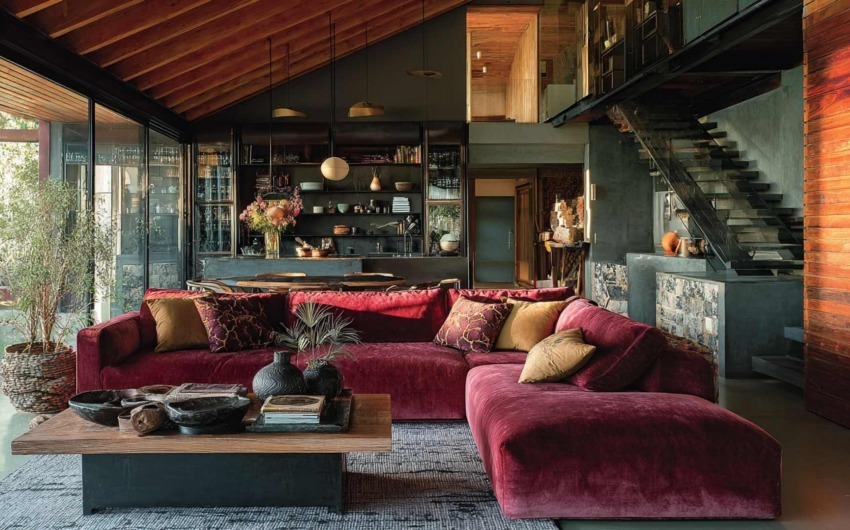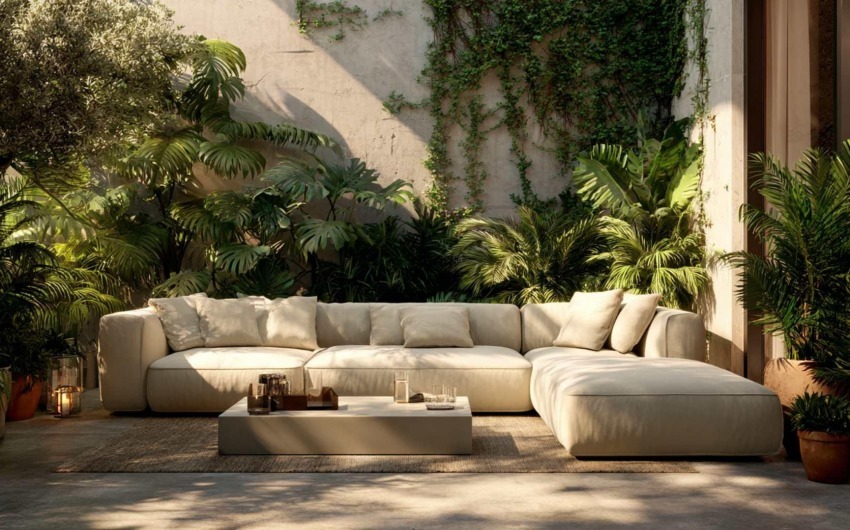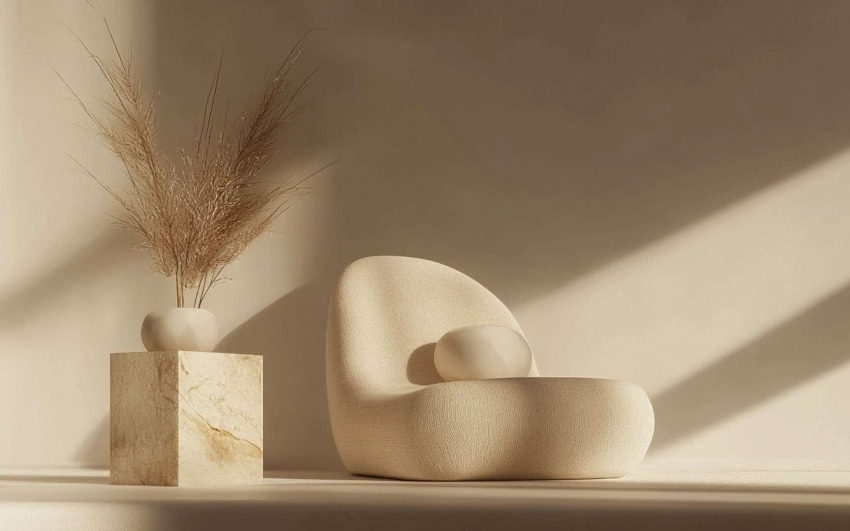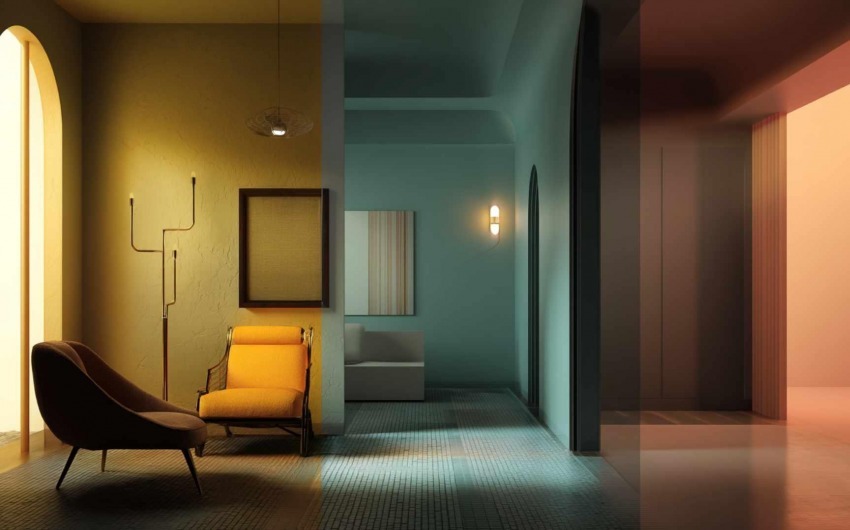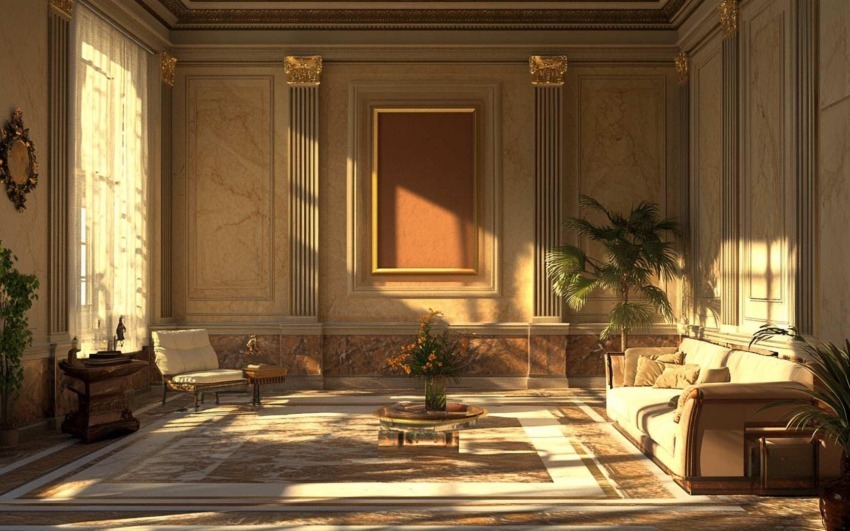2/28/2025
Why Choose Vintage?
Uniqueness: Each piece tells a story and gives your home an original touch.
Sustainability: Reusing furniture and decor reduces waste and environmental impact.
Craftsmanship: Many vintage pieces are made with high-quality materials and expert techniques.
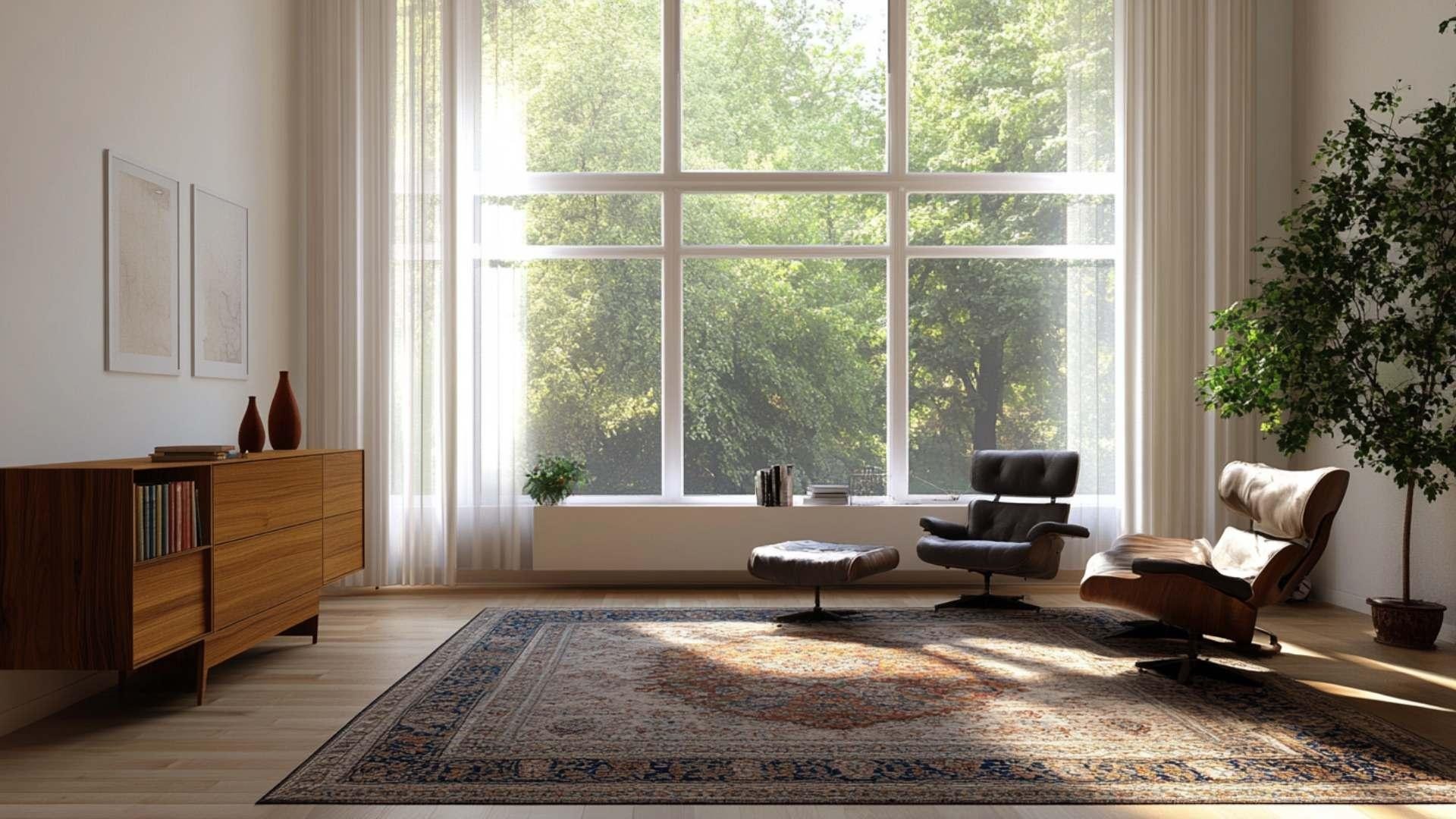
How to Select Vintage Pieces
Shop in the Right Places: Flea markets, antique stores, and online platforms like Etsy or eBay are great starting points.
Assess Quality: Ensure materials are still sturdy and that potential restorations are feasible.
Invest in Classics: Design icons like Eames chairs or Art Deco lamps are always a good choice.
Adaptability: Look for pieces that easily integrate with your existing decor.
_daa15b28aa_.jpg)
Blending Vintage and Modern Creating a balance between vintage and modern requires some planning:
Focus on a Key Piece: A vintage sofa or an antique table can become the focal point in a minimalist room.
Play with Contrasts: Combine antique materials like raw wood or brass with modern elements like glass or steel.
Consistent Color Palette: Use complementary colors to tie together pieces from different eras.
Functionality First: Ensure that vintage pieces don’t compromise the practicality of the space.
_29001a004a_.jpg)
Restoration and Customization Strategies
Light Restoration: Sanding, painting, or replacing small components can revive worn-out furniture.
Creative Customization: Add details like new handles, fabric upholstery, or marble inlays.
Mix Eras: Don’t be afraid to pair styles from different periods, like a 1950s cabinet with a contemporary chair.
_e365c509f0_.jpg)
Vintage in Different Home Areas
Living Room: Mid-century coffee tables, retro lamps, and worn leather armchairs add warmth.
Bedroom: Wooden dressers or intricately carved headboards for a romantic touch.
Kitchen: Antique cabinets and vintage utensils displayed on open shelves.
Bathroom: Mirrors with ornate frames or small antique furniture for a retro atmosphere.
_01d600afe5_.jpg)
Incorporating vintage pieces into modern design is a wonderful way to add personality and authenticity to your home. With careful selection and a touch of creativity, you can transform any space into one that tells a unique story, balancing past and present with harmony and style.
_c1c5407586_.jpg)

